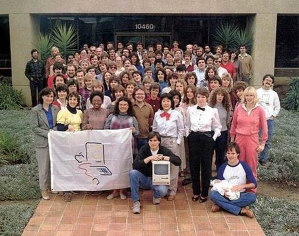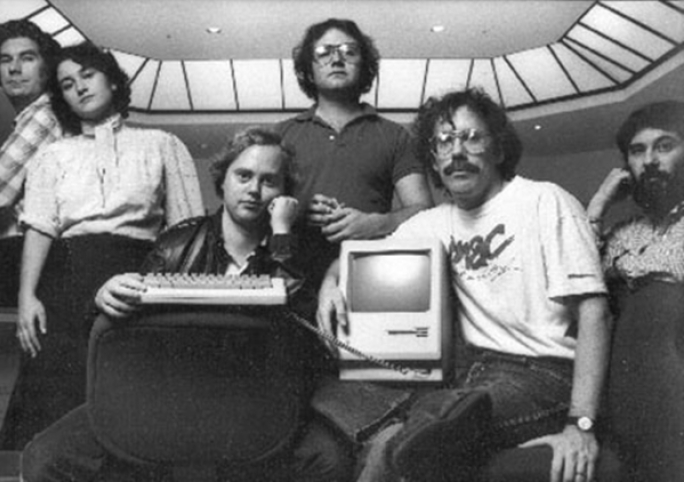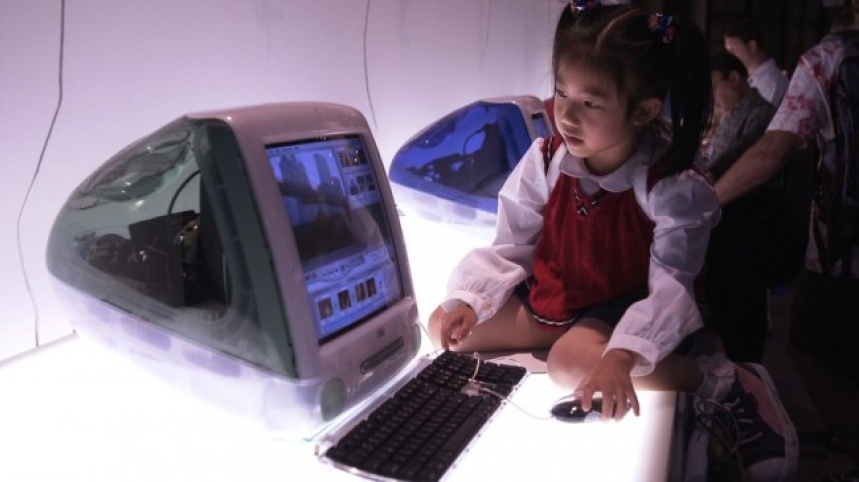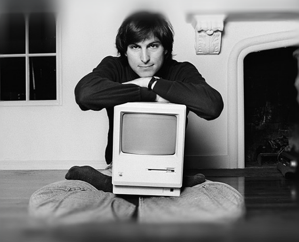
Yesterday marked the 30 year anniversary of Apple's Macintosh, the revolutionary personal computer that revived Apple's relevance in the computer market and solidified the company's reputation.
The machine was introduced in front of 2,500 people at the Flint Center in Cupertino, Calif, two days after Apple's memorable "1984" themed commercial aired during Super Bowl XVIII. The commercial paved way for the now-deceased Steve Jobs, co-founder of Apple, to demonstrate why through the new Macintosh the year "1984 won't be like '1984.'"
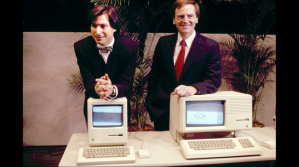
Before the company solidified its place in the computer market, Apple was entering hard times during 1983 after their two previous products, Apple III and Apple's Lisa, flopped in sales. The Apple III was criticized for having too many bugs, while most businesses and companies were hesitant to spend $10,000 on the Lisa. At the same time, a new rival emerged: IBM. IBM along with Big Blue and other PC clone companies had sold more than 1 million PCs that year; roughly three times more than Apple's flagship product, Apple II.
But in the midst of difficult times, Apple had something innovative up its sleeves. Then-software developer Guy "Bud" Tribble, Apple's current vice president of software technology, was part of the team that helped develop the interface that still remains on Apple products for years to come. The interface utilized of icons, the mouse, windows, folders, and the Finder.
"The team working on the Mac really did have the idea that we were building something that was going to set the way that people interacted with their computers," Tribble said. "We were trying to think as deeply as we could about how people were going to use these things, and how the mouse and the graphical interface could be the best that it possibly could. We were really designing something that was going to become part of the fabric of our lives, part of the fabric of society. There was a very strong feeling along those lines, and Steve encouraged it."
The developers wanted to make a computer that did not isolate hobbyists and business companies, but was accessible in every workplace and household.
"We really tried to bring aesthetics into it," Tribble continued. "We had a group of people from a variety of backgrounds -- myself in medicine, we had a physicist, archaeologist, musicians. There was a lot of attention to detail, a lot of thinking about how is this going to be the best way to interact with a computer for a long time. I don't know if we had 30 years in mind, but we were setting the way people were going to use these devices."
The result turned out to be a critical success, leading to a shower of praise from technology journalist Larry Magid of the LA Times.
"The main advantage of the Macintosh is that it's very easy to learn and use," Magid wrote in his original review for the Los Angeles Times. "Apple claims that novices can learn to use the Mac in as little as 30 minutes. The company is banking on the machine's simplicity and modest price to attract 'millions' of users over the next few years."
Though the Macintosh did not dazzle in sales, its mark on history has not been forgotten. Many Apple fans and pop culturists will remember how the Macintosh evolved into unforgettable iterations like the colorful iMac, Mac Mini, Macbook Pro, Macbook Air, and Mac Pro. The continuity is proof of the legacy the Macintosh has left behind for Apple.
"You start with a goal about an experience you want to deliver and as a designer you want for yourself, and then you draw on the best technology and ideas available and the best lessons from humanities and science to deliver that experience," said Craig Federighi, overseer of the development of the iOS and Mac OS X. "That thread has continued from the Mac to this day, and you see its expression not just in the Mac but in the iPhone and iPad. They all have clear lineage to back to that principle and pursuit. It is so incredible to think that any product could endure after 30 years."
Apple is holding a Mac 30th Celebration at the Flint Center, where Jobs first introduced the Macintosh, on January 25, 2014
